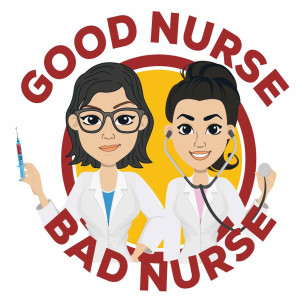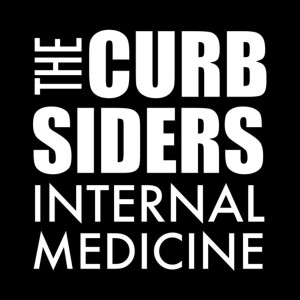

Myelodysplastic syndromes (MDS) are a heterogeneous group of myeloid disorders characterized by the accumulation of dysplastic cells within the bone marrow, resulting in ineffective hematopoiesis and cytopenia. Patients typically have a median survival of 0.8 to 8.8 years. Around 30% of patients with MDS will progress to acute myeloid leukemia (AML). Hematopoietic stem cell transplantation (HSCT) currently represents the only curative option for MDS; however, novel strategies and therapies are under investigation, including personalized medicine approaches and immunotherapies.
In 2020, the 62nd American Society of Hematology (ASH) Annual Meeting and Exposition (ASH 2020) was presented as an all-virtual event due to the COVID-19 pandemic. Despite this, the quality of data and presentations remained exceptionally high and it was not an event to be missed.
In this roundtable discussion, Amer Zeidan, MBBS, MHS, Yale University School of Medicine and Yale Cancer Center in New Haven, CT, Uwe Platzbecker, MD, of the University of Leipzig in Leipzig, Germany, Andrew Brunner, MD, Massachusetts General Hospital in Boston, MA, and Jacqueline Garcia, MD, Dana-Farber Cancer Institute in Boston, MA, review the hottest topics in the treatment and management of MDS presented at the ASH 2020 Virtual Meeting.
More Episodes
All Episodes>>Creat Yourt Podcast In Minutes
- Full-featured podcast site
- Unlimited storage and bandwidth
- Comprehensive podcast stats
- Distribute to Apple Podcasts, Spotify, and more
- Make money with your podcast












